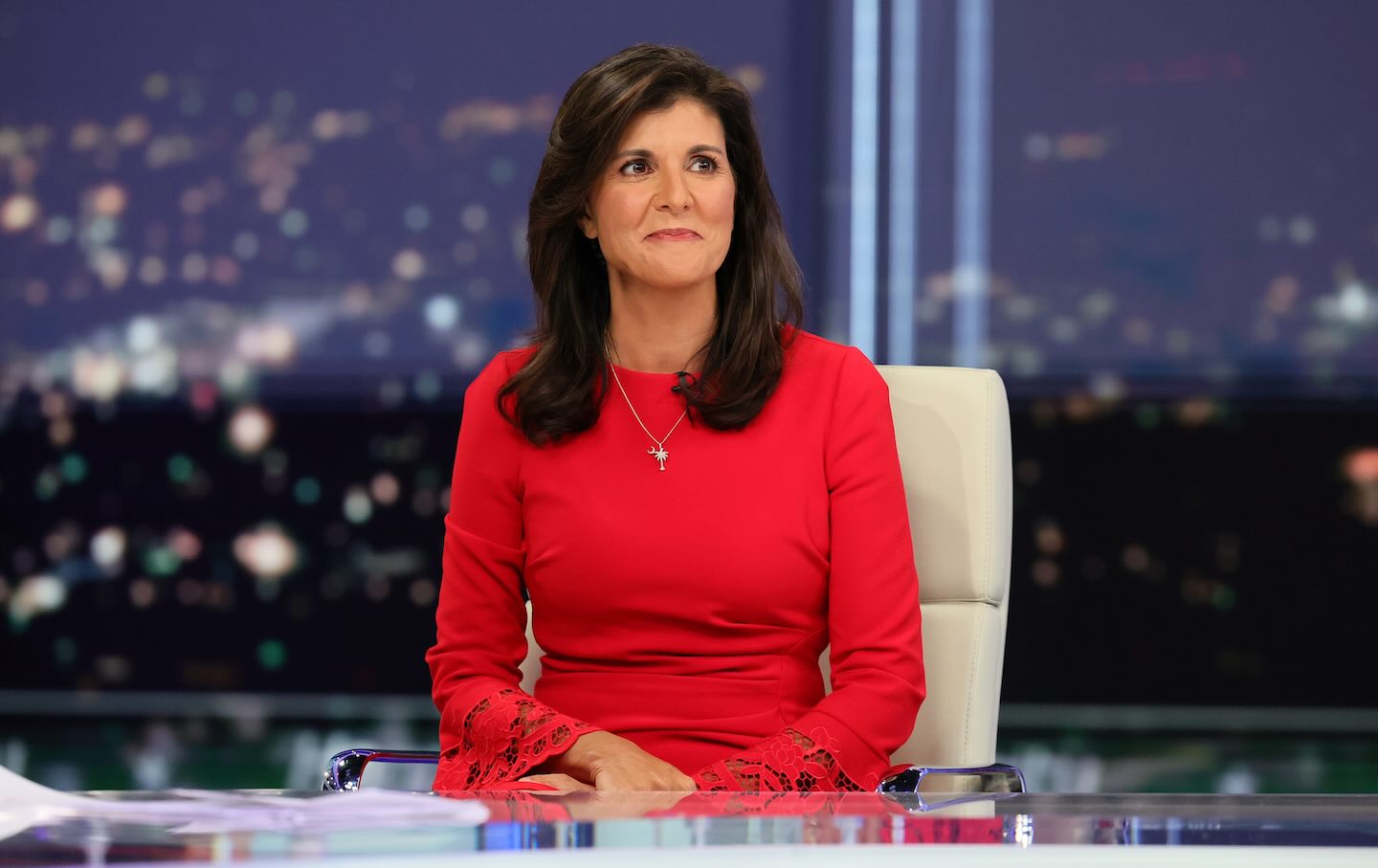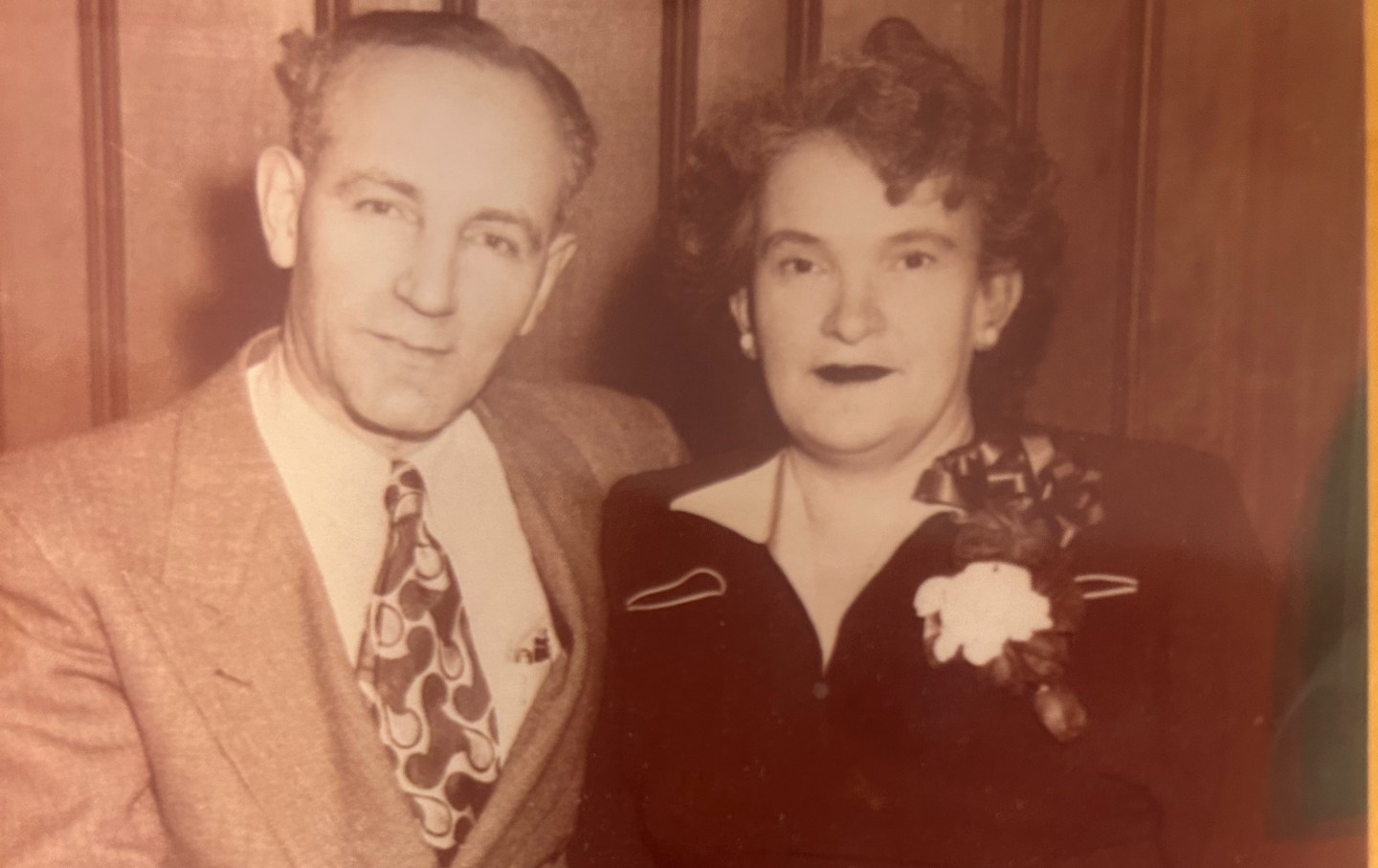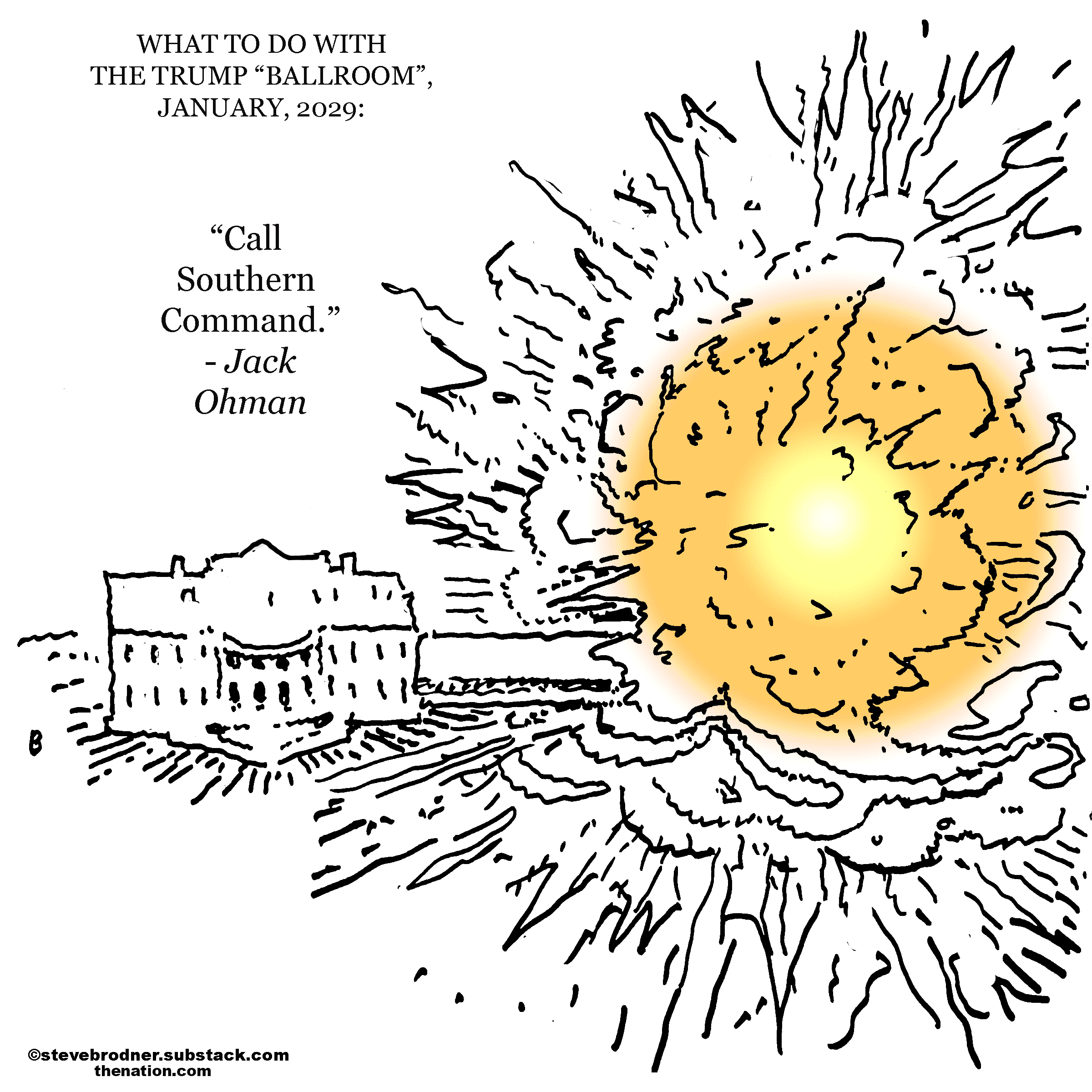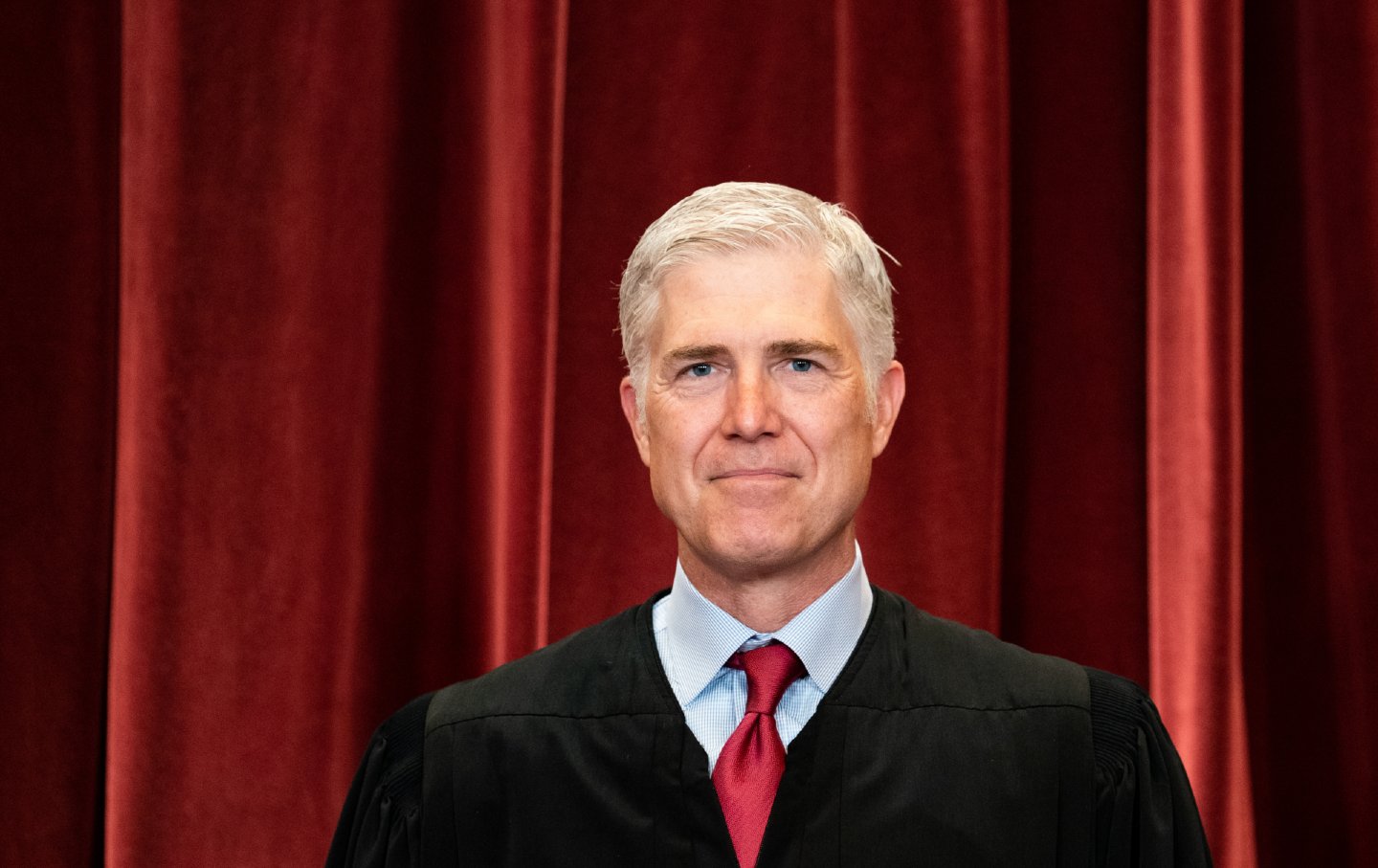Nikki Haley’s Zombie Campaign Is Drawing Swing-State Republicans Away from Trump
Haley is not campaigning, but she just won almost 158,000 GOP primary votes in the critical state of Pennsylvania. Democrats think they can swing many of them to Biden.

Nikki Haley visits Hannity at Fox News Channel Studios on January 20, 2023, in New York City.
(Photo by Theo Wargo / Getty Images)Nikki Haley suspended her campaign for the Republican presidential nomination on March 6, with passive-aggressive congratulations for Donald Trump that pointedly stopped short of endorsing the former president. “In all likelihood Donald Trump will be the Republican nominee when our party convention meets in July. I congratulate him and wish him well. I wish anyone well who would be America’s president,” announced the former governor of South Carolina, who served as Trump’s ambassador to the United Nations before finally breaking away from the 91-times-indicted Republican standard-bearer. Instead of jumping on the Trump train as it heads toward the fall, Haley said, “It is now up to Donald Trump to earn the votes of those in our party and beyond it who did not support him. And I hope he does that. At our best, politics is about bringing people into your cause, not turning them away, and our conservative cause badly needs more people.”
Since Haley quit, leaving Trump as the last major Republican presidential contender, the former president has made no effort to expand his appeal to Republicans who gave Haley primary wins in Vermont and the District of Columbia, as well as credible second-place finishes in New Hampshire and her home state of South Carolina. In fact, Trump remains so unappealing to a substantial portion of the Republican base that Haley continues to win votes almost two months after dropping out of the race.
A lot of them.
Since she stopped campaigning, Haley has piled up close to a million votes, bringing her primary season total to 4,094,616, according to the running count by the Green Papers political website. That’s more than 20 percent of all the ballots cast in GOP primaries and caucuses this year. What’s notable is that, even as a so-called “zombie candidate,” Haley continues to run up strikingly high vote totals and percentages in states that Trump has to win if he is the Republican nominee in November.
Just this week in Pennsylvania, Haley won almost 158,000 votes, 16.5 percent of the total in a state Trump lost by 80,555 votes in 2020 and won by 44,292 in 2016. Three weeks earlier, in the even more closely contested battleground state of Wisconsin, almost 77,000 Republican primary voters backed Haley, for just under 13 percent of the total in a state where Trump lost by 20,682 votes in 2020 and won by just 22,748 votes in 2016. In Michigan, Haley took almost 300,000 votes in February—twice the total that Trump lost by in 2020 and almost 27 times the total that he won by in 2016. And so it has gone in battleground state after battleground state: Haley’s vote totals, before and after she ended her campaign, have far exceeded the margins by which November contests between Trump, the likely Republican nominee, and Biden, the likely Democratic nominee, are likely to be decided in November.
There’s no doubt that some Haley voters will go to Trump in November. But it’s worth recalling that a national Emerson College poll from early March showed that 63 percent of Haley voters said they were likely to vote for Biden in November, while just 27 percent said they would go for Trump. It could get even worse for Trump if he is convicted on any of the criminal charges he faces. In exit polling from New Hampshire, the first primary state of this election season, 84 percent of Haley voters said Trump would not be fit for office if he were found guilty.
“There is a non-trivial, significant minority of Republicans who are not going to vote for Donald Trump,” former US senator Pat Toomey, a Pennsylvania Republican who voted for Haley on Tuesday, said with regard to the November.
To be sure, Biden has lost votes in his Democratic primary run this year—especially to the “uncommitted” campaign that has sent a strong message to the White House about the need for a cease-fire in Gaza. But Biden’s slippage has consistently been less serious than Trump’s. In Pennsylvania, for instance, Biden won 88 percent of the Democratic primary vote, while Trump got just 83 percent. In Wisconsin’s April 2 primary, Biden won 88.6 percent of the Democratic primary vote, while Trump took just 79.2 percent on the Republican side.
With the Biden-Trump race in November likely to be close, each candidate will try to solidify his base and then maximize turnout. At this point. Biden is better positioned to do that, especially if he can draw a substantial number of Haley voters to his ballot line. The Democrat doesn’t have to compromise his principles; he merely has to present himself as an advocate for democracy—a big issue for Haley’s backers—while Trump presents himself as an advocate for autocracy.
The president’s been seeking to do just that with a new digital ad campaign that targets Haley voters. While Trump has kept Haley and her supporters at arm’s length, Biden campaign spokesperson James Singer says, “Donald Trump made it clear he doesn’t want Nikki Haley’s supporters. I want to be clear: There is a place for them in my campaign.”
Disobey authoritarians, support The Nation
Over the past year you’ve read Nation writers like Elie Mystal, Kaveh Akbar, John Nichols, Joan Walsh, Bryce Covert, Dave Zirin, Jeet Heer, Michael T. Klare, Katha Pollitt, Amy Littlefield, Gregg Gonsalves, and Sasha Abramsky take on the Trump family’s corruption, set the record straight about Robert F. Kennedy Jr.’s catastrophic Make America Healthy Again movement, survey the fallout and human cost of the DOGE wrecking ball, anticipate the Supreme Court’s dangerous antidemocratic rulings, and amplify successful tactics of resistance on the streets and in Congress.
We publish these stories because when members of our communities are being abducted, household debt is climbing, and AI data centers are causing water and electricity shortages, we have a duty as journalists to do all we can to inform the public.
In 2026, our aim is to do more than ever before—but we need your support to make that happen.
Through December 31, a generous donor will match all donations up to $75,000. That means that your contribution will be doubled, dollar for dollar. If we hit the full match, we’ll be starting 2026 with $150,000 to invest in the stories that impact real people’s lives—the kinds of stories that billionaire-owned, corporate-backed outlets aren’t covering.
With your support, our team will publish major stories that the president and his allies won’t want you to read. We’ll cover the emerging military-tech industrial complex and matters of war, peace, and surveillance, as well as the affordability crisis, hunger, housing, healthcare, the environment, attacks on reproductive rights, and much more. At the same time, we’ll imagine alternatives to Trumpian rule and uplift efforts to create a better world, here and now.
While your gift has twice the impact, I’m asking you to support The Nation with a donation today. You’ll empower the journalists, editors, and fact-checkers best equipped to hold this authoritarian administration to account.
I hope you won’t miss this moment—donate to The Nation today.
Onward,
Katrina vanden Heuvel
Editor and publisher, The Nation








